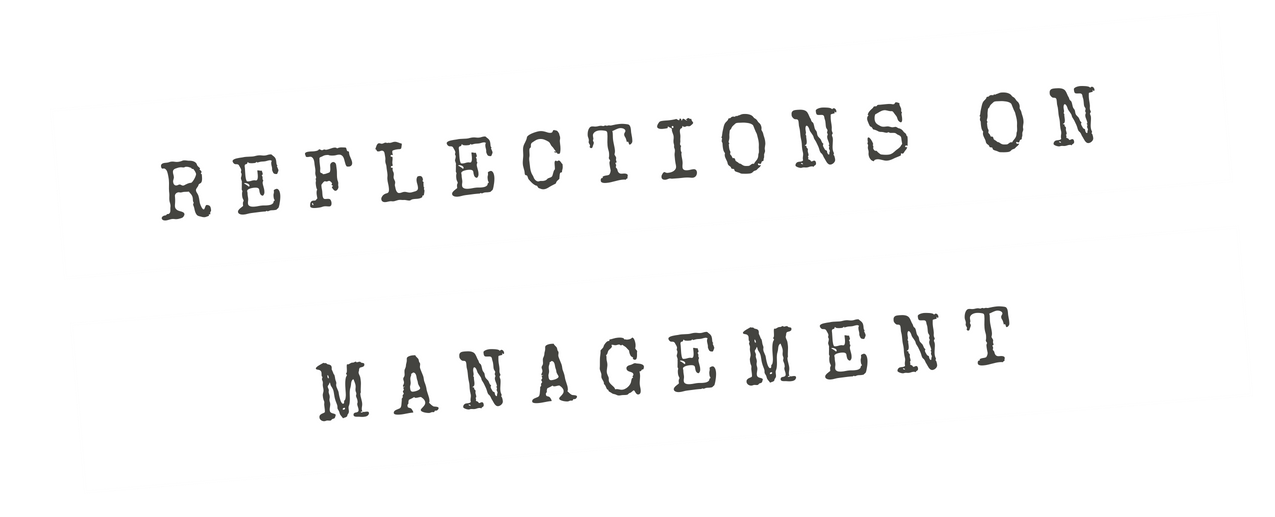The ideal organization … wishes to bring about positive change in the environment and is willing to accept a certain amount of risk to do so.
Season 6, Episode 7 — Click here to download the transcript
Over the past two episodes, I have laid out six principles that should guide our efforts to renegotiate the social contract. I started in Part 5 with three principles focused from the collective the individual – that any solution to significant problems must involve synthesis regarding what is just, what is equitable, and what is fair. In Part 6, I added three more that reflect the opposite orientation – from the individual to the collective, that any solution to significant problems must involve synthesis regarding what are the duty of members (to include leaders) – what are the obligations of membership (what must be done), what are the responsibilities (what should be done, often involving change or innovation), and what constitutes loyalty (what does it mean to belong, involves communication, especially vertical). Now it is time to provide the rest . What are principles that suggest the ideal ways that collectives deal with other collectives in the environment? Or how individuals should deal with each other?
When I prepared this episode, everything I thought about seemed obvious until it wasn’t. The three for collectives are these: sovereignty, representation, and social responsibility. Sovereignty is the most formal — essentially how the collective defines its boundary and develops a shared understanding of how porous it is. Representation is the most cognitive — to what extent does the collective truly represent the needs of its members rather than the needs of the leaders or the collective (potentially at the expense of the members). And social responsibility is normative. To what extent does the collective serve broader interests (and willingness to take risk in doing so) vice narrowly focused on its own interests. We would want the ideal, but the ideal may not be possible.
Similarly, there is an ideal associated with how we deal with each other as individuals, regardless of association or affiliation. Self-determination is the allowance or space we should give each other to define ourselves. People from all sides of controversies present and past express concerns over how any collective action or policy impinges upon an individual’s rights or how individual rights impinge upon the rights of others or the collective. So the ways we use to allow or constrain self-determination is important. Respect and love are the other two, with the former being about how we engage and communicate, and the other as how we emphasize and promote the good in another. These two are arguably in short supply in the present social media environment that provides ways for confrontation and denigration to go viral and ‘good news’ to lose out.
With these principles, we set the stage for a successful negotiation of the social contract. We can better understand and empathesize with the myriad actors joining us for the conversation about a social issue. What can they contribute? Who do they represent? Can we generate binding resolutions or are we limited to weaker ones?
Works Referenced:
Haidt, J. (2012). The righteous mind: Why good people are divided by politics and religion. Vintage.
Scott, W. R. (2013). Institutions and organizations: Ideas, interests, and identities. Sage.


